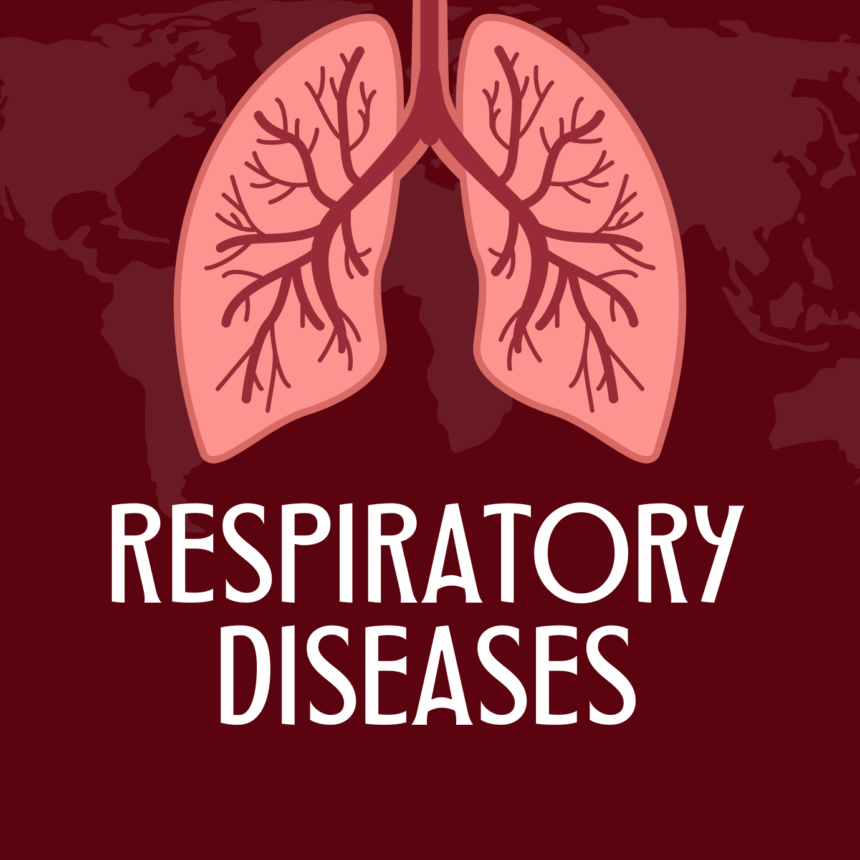Cystic fibrosis (CF) is a complex and inherited genetic disorder that primarily affects the respiratory and digestive systems. While there is currently no cure, advances in treatment have significantly improved the quality of life for individuals with CF.
Understanding Cystic Fibrosis:
Genetic Basis: CF is caused by mutations in the CFTR gene, which results in the production of thick and sticky mucus. This mucus can clog airways and lead to lung infections and digestive problems.
Respiratory Symptoms:
- Chronic Cough: A persistent cough is often the first sign, as the airways become irritated and prone to infection.
- Frequent Lung Infections: Individuals with CF are more susceptible to lung infections, which can be severe and difficult to treat.
- Shortness of Breath: Over time, lung function can decline, leading to breathing difficulties.
- Wheezing: Wheezing or whistling sounds during breathing are common.
- Chest Pain: As the lungs become inflamed, chest discomfort can occur.
Digestive Symptoms:
- Malnutrition: Thickened mucus can block digestive enzymes, leading to poor nutrient absorption and malnutrition.
- Pancreatic Issues: Many individuals with CF require pancreatic enzyme replacement therapy to aid digestion.
- Bowel Issues: Constipation or bulky, foul-smelling stools can occur.
Managing Cystic Fibrosis:
While there is no cure for CF, advancements in treatment have greatly improved the prognosis and quality of life for those with the condition. Management strategies include:
- Airway Clearance Techniques: Daily chest physiotherapy and breathing exercises help loosen and remove mucus from the airways.
- Medications: Bronchodilators, antibiotics, and anti-inflammatory drugs are often prescribed to manage lung issues.
- Pancreatic Enzymes: Enzyme supplements assist with digestion and nutrient absorption.
- Nutritional Support: A high-calorie, high-protein diet is essential to combat malnutrition.
- Lung Transplant: In severe cases, a lung transplant may be considered when lung function is severely compromised.
- New Therapies: Emerging medications like CFTR modulators can target the underlying genetic defect and improve lung function.
Lifestyle Considerations:
- Exercise: Regular physical activity can help improve lung function and overall well-being.
- Infection Prevention: Avoiding exposure to individuals with colds or infections is crucial.
- Psychosocial Support: Mental health support is vital for coping with the challenges of CF.
Patient Advocacy:
Many individuals with CF and their families are actively involved in advocacy and research to raise awareness and improve treatments. Research into gene therapies and precision medicine is ongoing, offering hope for more effective treatments in the future.
In conclusion, cystic fibrosis is a genetic lung disorder that affects both the respiratory and digestive systems. While there is no cure, advances in treatment and ongoing research provide hope for improved outcomes and quality of life for those with CF. Early diagnosis and a comprehensive treatment plan can help individuals with CF live longer and healthier lives.




